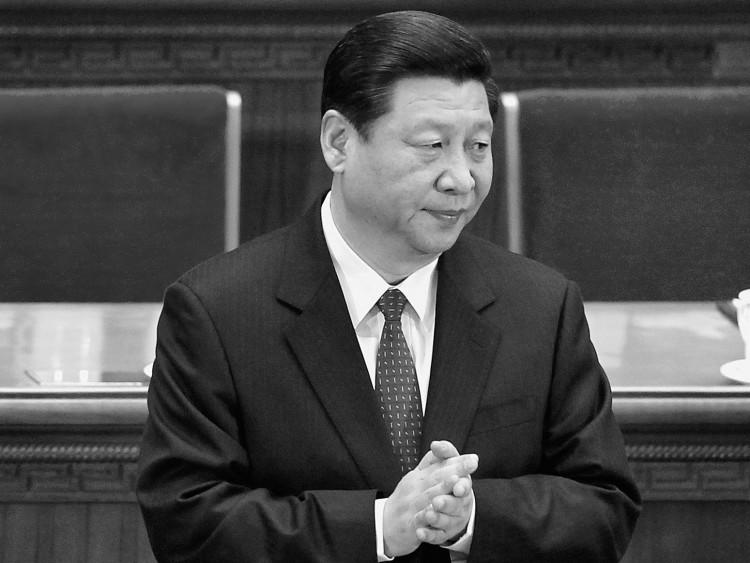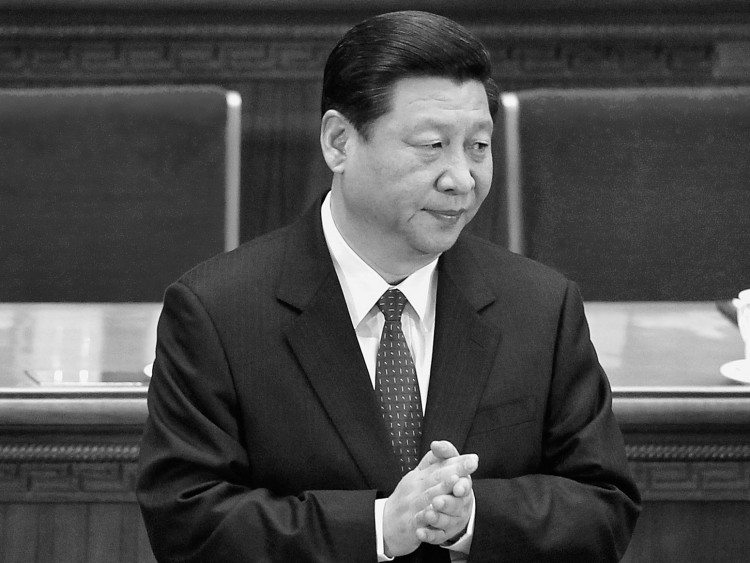The Chinese Communist Party (CCP) seems to have a love affair with reform, as authorities have promoted it for more than 30 years and the word flows from their lips. But in reality, they dread it.
Opinion
The Meaning of China’s ‘Reform’ Talk
The Chinese regime seems to have a love affair with reform, but in reality they dread it.
|Updated:

